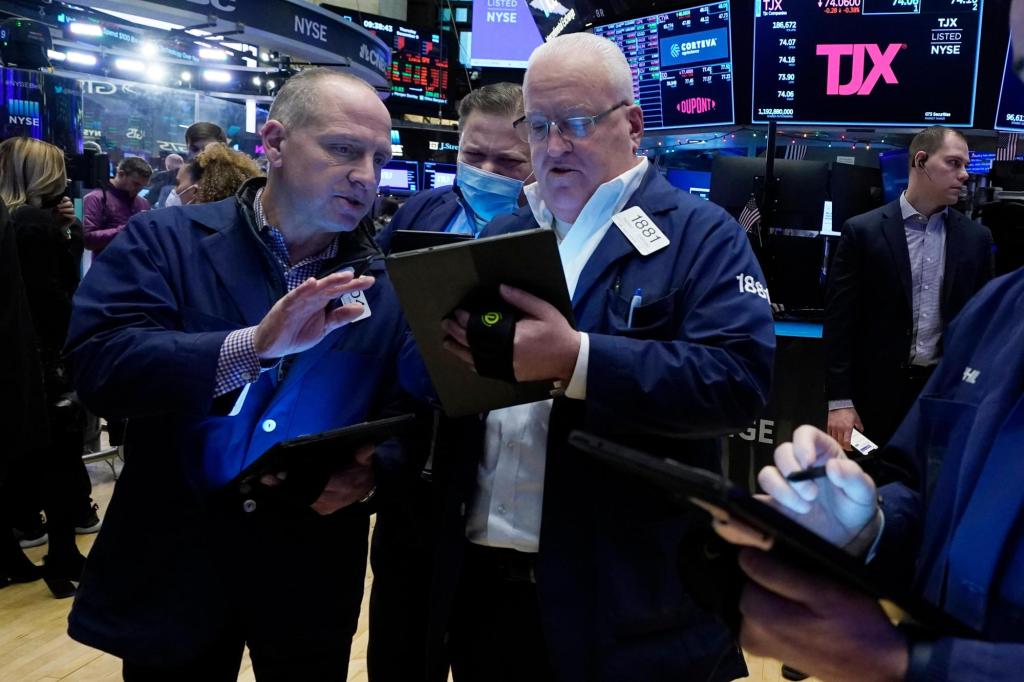By Joe McDonald | Associated Press
BEIJING — Asian stock markets followed Wall Street lower Friday as a rally cooled and investors waited for U.S. inflation data that might influence a Federal Reserve decision on when to roll back economic stimulus.
Shanghai, Tokyo, Hong Kong and Sydney retreated.
Wall Street’s benchmark S&P 500 index fell after three days of gains. More than three-quarters of companies in the index closed lower.
Investors looked ahead to U.S. consumer price data for November. Fed officials, due to meet next week, said earlier they were ready to take action if needed to cool inflation, which hit a 30-year high in October.
Traders were “potentially taking some risks off the table” while they wait for the numbers, said Yeap Jun Rong of IG in a report.
The Shanghai Composite Index lost 0.3% to 3,662.72 and the Nikkei 225 in Tokyo shed 0.4% to 28,609.84. The Hang Seng in Hong Kong retreated 0.5% to 24,138.40.
The Kospi in Seoul gave up 0.6% to 3,011.44 and Sydney’s S&P-ASX 200 was 0.5% lower at 7,346.00.
New Zealand and Southeast Asian markets also declined.
On Wall Street, the S&P 500 fell 0.7% to 4,667.45. The Dow Jones Industrial Average slipped less than 1 point to 35,754.69. The Nasdaq lost lost 1.7% to 15,517.37.
The S&P 500 had gained 3.6% over the previous three days after the chief White House medical adviser said the omicron variant might not be as dangerous as the earlier delta. That eased fears of more restrictions on travel and business.
Technology stocks and a mix of retailers and other companies that rely on direct consumer spending weighed the most on the S&P 500. Chipmaker Nvidia fell 3.4%, while Tesla slid 6.1% for the biggest drop in the index.
Travel-related companies slipped after spending the last few days gaining ground. Carnival fell 1.7% and United Airlines fell 1.8%.
Health-related stocks rose. Pfizer, which is touting the potential benefits of a vaccine booster against the omicron variant, rose 1.3%.
The Labor Department reported that the number of Americans applying for unemployment benefits plunged last week to the lowest level in 52 years.
In energy markets, benchmark U.S. crude gained 7 cents to $71.01 per barrel in electronic trading on the New York Mercantile Exchange. The contract fell $1.42 on Thursday to $70.94. Brent crude, the price basis for international oils, advanced 8 cents to $74.50 per barrel in London. It lost $1.40 the previous session to $74.42.
The dollar was little-changed at 113.49 yen. The euro gained to $1.1301 from $1.1289.










